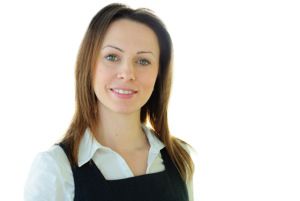Opinion
CPH Career: Why A-kasse doesn’t work
Ivanka Ruskova
This article is more than 9 years old.
First and foremost, let’s be honest about A-kasse: it only exists because there are unemployed people. Thus, to put it short, but maybe it’s not obvious enough, it doesn’t have a particularly good incentive to find you work! Because if it did – then they would be out of a job! Duh!
Wasting time and talent
I have yet to meet a client who has said: “My A-kasse is great; I got super help and I am very satisfied.” Normally it’s the complete opposite.
I am consulted by job-seekers for whom I find interviews and employment, after previously having no luck on A-kasse. Many spend a year or two, and some end up on A-kasse for the full duration of two years until the payments stop.
One person who was on for the full duration (back when it was three years) now works for a leading energy company! It took us less than six months to accomplish that – what a waste! And I even get those ‘horror stories’ from non-clients.
Inverted insurance
As much as it is nice to receive help from these governmentally-supported private institutions, it is my experience (and that of friends and colleagues) that A-kasse is nothing but a pure insurance company.
So ask yourself the question: “How many insurance companies want you to crash your car or burn your home down?” In short, the answer is none. So why would A-kasse want you to find a job, if the justification of its existence is you being unemployed?
Fatal for foreigners
That’s not to say jobs are recommended. I’ve lost count of the number of jobs as a cleaner or a dish washer that have been recommended to candidates who have a master’s degree or vast foreign language skills.
If they’re lucky they might be advised to work in a kindergarden, as was the case with one of my clients who had a PhD! Imagine the mental state this kind of advice nurtures in the job-seeker and how they feel about their skills!
The reason that Copenhagen Career Consulting is so successful is that the approach of the A-kasse is unfortunately not designed to help foreigners. That is why I strongly recommend internationals to contact us.
We will help them change their approach to the job market in Denmark and be successful and confident while working here.

About
Ivanka Ruskova
Ivanka (Vanya) Ruskova is a senior business analyst with experience in IT, investment banking and the service industries. She currently works with graduates entering the job market in Denmark, offering extensive CV and application assistance, personal coaching and counselling. For more information and bookings visit: cphcareer.com










































